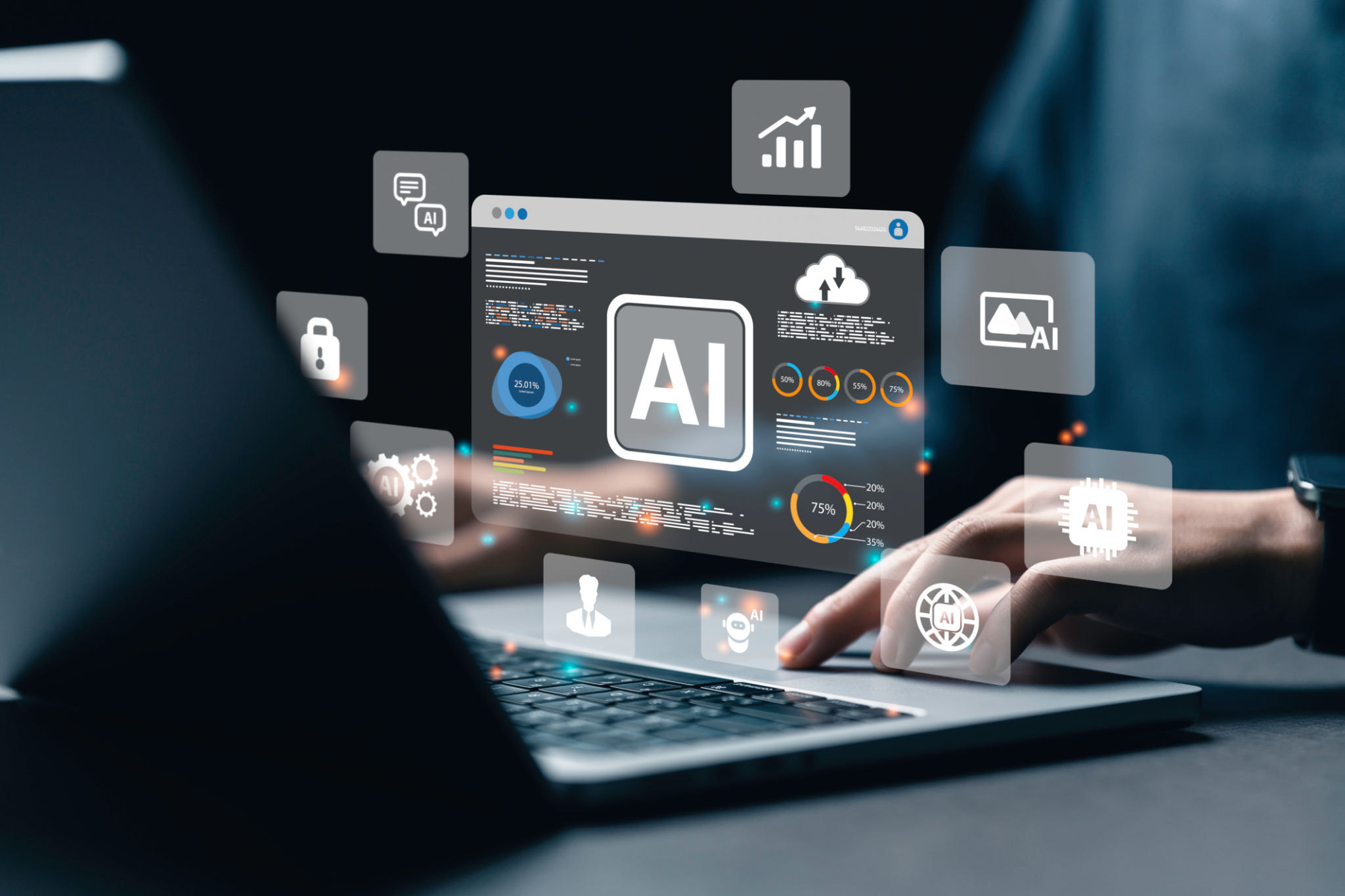Future of Work: How AI Tools are Transforming Freelancing
The Rise of AI in Freelancing
The integration of AI tools is becoming increasingly significant in the freelancing industry, offering new opportunities and transforming the way freelancers work. As technology advances, AI is not only automating mundane tasks but also enhancing creative processes, allowing freelancers to focus on what truly matters: delivering high-quality work.
AI tools are designed to optimize time management and productivity. These tools can handle numerous tasks such as scheduling, client communication, and invoicing with minimal human intervention. This shift enables freelancers to allocate more time to their core competencies, ultimately leading to higher efficiency and satisfaction.

Enhanced Creativity and Innovation
One of the most exciting aspects of AI in freelancing is its ability to foster creativity. AI-powered software can generate ideas, draft content, and even assist in design work, providing freelancers with a valuable starting point. These tools offer suggestions and insights that can lead to innovative solutions and fresh perspectives, pushing the boundaries of what's possible.
Moreover, AI tools can analyze data to understand trends and patterns that might not be immediately obvious to a human. This capability allows freelancers to stay ahead of industry trends and tailor their offerings to meet evolving market demands. As a result, freelancers can enhance their creativity by leveraging AI as a collaborative partner.
Streamlining Workflow and Efficiency
The impact of AI on freelancing workflow cannot be overstated. From project management software that uses machine learning to optimize task assignments, to chatbots handling initial client interactions, AI is streamlining processes across the board. These enhancements lead to a more organized workflow, reducing the time spent on administrative tasks.

AI-driven tools also provide freelancers with insights into their productivity patterns, helping them identify peak performance times and areas for improvement. By analyzing this data, freelancers can adjust their schedules and strategies to maximize output without sacrificing quality.
Challenges and Considerations
Despite its benefits, the integration of AI into freelancing presents some challenges. Concerns over data privacy and security are paramount as freelancers often handle sensitive client information. Ensuring that AI tools comply with data protection regulations is essential to maintaining trust and safeguarding client relationships.
Additionally, freelancers must stay informed about the latest AI developments to remain competitive. Continuous learning and adaptation are crucial in an industry where technology evolves rapidly. Embracing lifelong learning will enable freelancers to harness the full potential of AI tools while mitigating potential risks.

The Future Outlook
Looking ahead, the role of AI in freelancing is set to expand even further. The continuous improvement of natural language processing and machine learning will bring about more sophisticated tools capable of handling complex tasks with greater accuracy. This evolution promises to broaden the scope of services freelancers can offer, opening new avenues for growth and innovation.
Ultimately, the future of work in freelancing will likely be characterized by a symbiotic relationship between humans and AI. By combining human creativity with the computational power of AI, freelancers can achieve unprecedented levels of productivity and creativity, paving the way for a dynamic and vibrant freelance economy.
